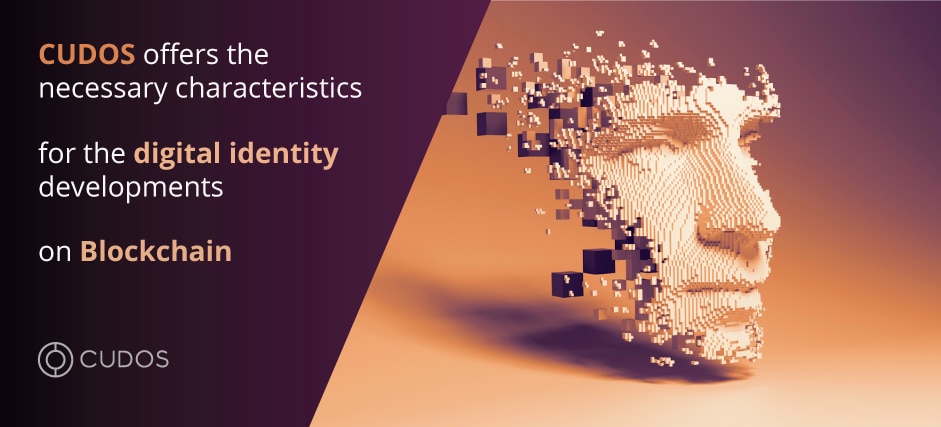Blockchain technology offers us wide possibilities for development, with digital identity being one of the most interesting central topics in recent times. Thanks to decentralized networks, a secure and reliable registry can be generated to store sensitive data that serves as personal identification.
Registers on blockchain
To begin, we will do an analysis on the data records based on blockchain, which forms the starting point to give rise to an innumerable number of systems. The data is extremely sensitive information, which is necessary to protect in any type of system, and it is blockchain technology that allows us to generate databases with an ideal security framework.
This type of network gives the power to generate a large database in a distributed manner, which can be verified when required. That is why we can produce data records on blockchain to be able to apply them in the field that is required, such as what is related to digital identity. Records of this type have always been a complex technical issue for specialists, due to the protection of information.
Digital database records are currently stored in central nodes that can be easily corrupted, leading to the appropriation of all our sensitive data by cybercriminals. Thanks to blockchains, we can generate secure and distributed systems that prevent or restrict issues related to computer security and information protection almost to a minimum.
Our data in the information age
Currently our data make up one of the largest sources of information circulating on the Internet, given that in this new era, most of the records are digitized. This is really good, since our information is interconnected to be consulted by the entities or authorized persons that require it, avoiding endless steps that formerly generated unnecessary delays.
But this type of beneficial situation from the point of view of the speed regarding the information, also entails several risks. On the one hand, we have a large number of malicious agents that are lurking to take over our data, on the other, we do not know for sure what treatment all our stored information is receiving, that is why blockchain systems have come to give greater clarity and guarantees in this regard.
Blockchains have the advantage of being fully distributed, that is why there is no central node that has absolute control of the network. In this way we have the certainty that the transactions or operations that were taking place were not manipulated. In the specific case of digital identity, we are sure that the data uploaded initially did not undergo any subsequent modification.
Digital identity on the CUDOS network
CUDOS offers us incredible potential for the development of applications related to digital identity, since we are facing a blockchain network developed to provide cloud computing capacity in a distributed manner. This main objective is what configures an ideal framework to be able to deploy projects that require generating secure records on its platform.
In the first place, one of the applications for which this network is an essential ecosystem is for the generation of personal identifications in a digital way. Let us bear in mind that in the world physical identifications, such as identification cards, are falling into disuse, and that is why technological alternatives are being sought to generate them, with the CUDOS network being a very important blockchain option to take into account.
Thanks to the guarantees that this blockchain presents, a digital record with personal identities could be generated and later consulted and verified anywhere in the world, with the total assurance that the data is reliable and has not suffered adulterations.
Another interesting case, from the point of view of digital identity that can be embodied under this same procedure, is that related to digital passports, where by loading data on the blockchain, the database could be generated for this purpose, to later be easily consulted by immigration agents anywhere in the world with full assurance regarding its veracity.
As a last example, we can also mention the case of birth certificates, where, as in the previous cases, a record can be made on the blockchain in a distributed manner, and then the data can be corroborated by authorized agents.
Conclusion
As we can see, digital identity is one of the central issues that are analyzed by specialists, in order to articulate safe means to replace traditional physical systems, giving greater speed and security to procedures. CUDOS offers both technical and security characteristics so that projects can be carried out in this regard on its blockchain platform, which will allow the complete development of the digital age, for which we will be providing more details in future articles.

